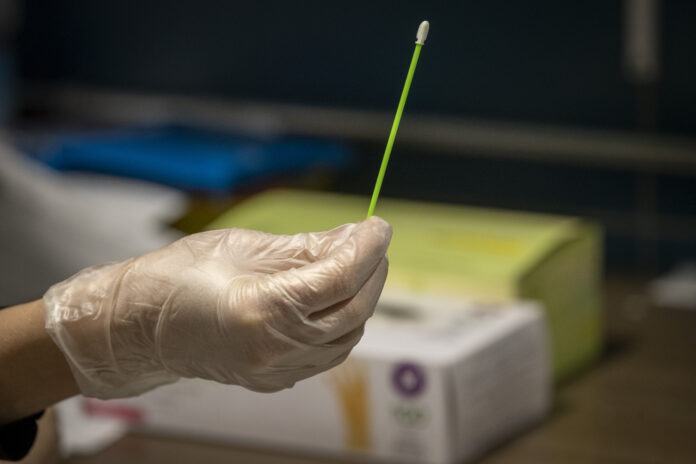TORONTO — Ontario’s expert science advisers say rapid antigen tests don’t detect COVID-19 infections with the Omicron variant as reliably as they did with the Delta strain, but changing the way the tests are performed can boost their sensitivity.
The science advisory table says in a brief today that the rapid tests, which involve nasal swabs, are less sensitive for Omicron, especially in the first one or two days after infection.
But, they say the tests are better at detecting Omicron if people swab both cheeks, followed by the back of the tongue or throat, then both nostrils.
Trending Stories
Most extreme rogue wave ever was recorded off B.C. coast
Canadian Isabelle Weidemann wins silver in 5,000M speed skating at Beijing Olympics
The advisers say a single negative rapid test is not conclusive and “should not be used as a green light for abandoning or reducing precautions,” but a positive result can be considered positive for COVID-19.
Current provincial guidance allows people to end isolation – for example, if they develop symptoms – if they receive negative results on two rapid tests 24 to 48 hours apart.
The science table also cites a study suggesting that sensitivity for detecting Omicron varies between different commercial tests.
© 2022 The Canadian Press



